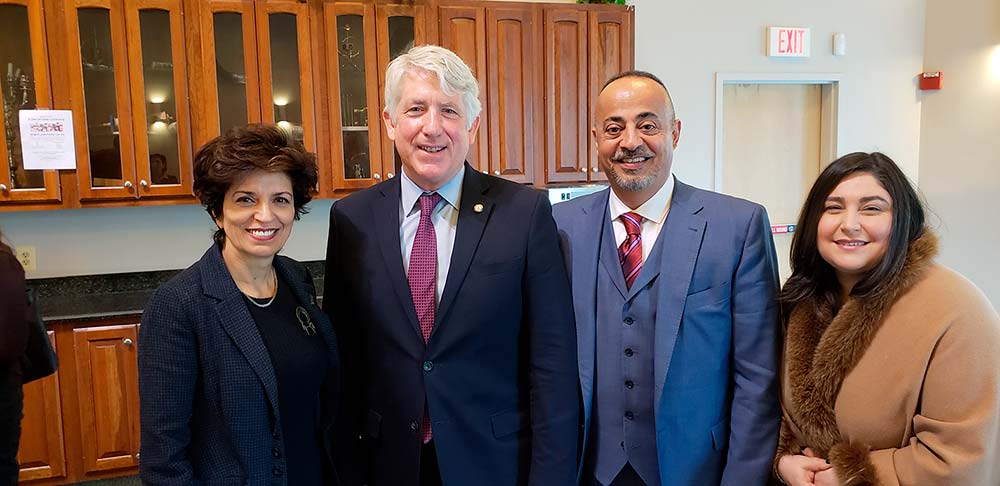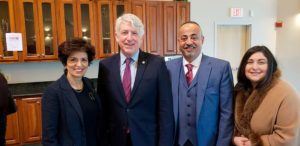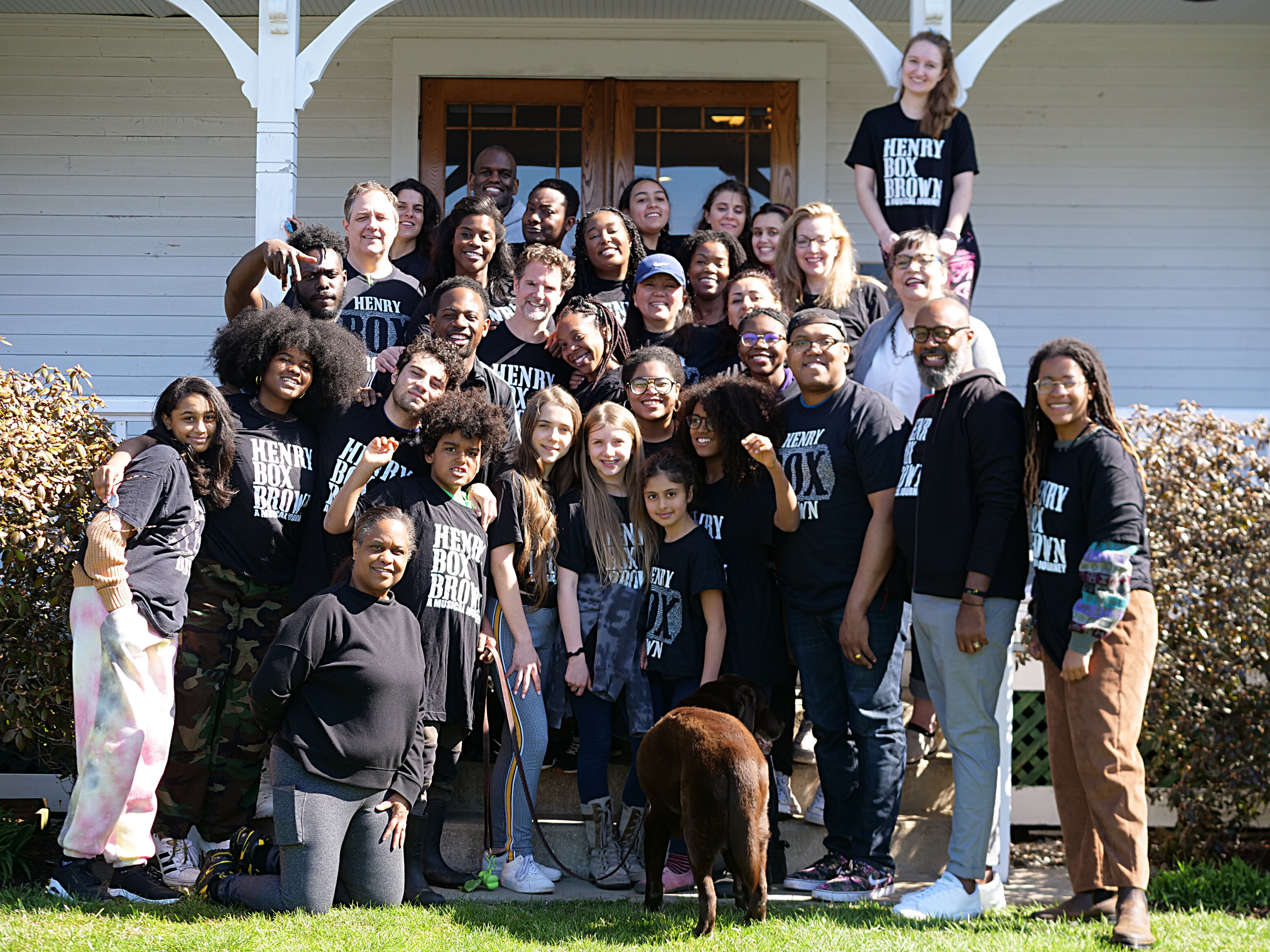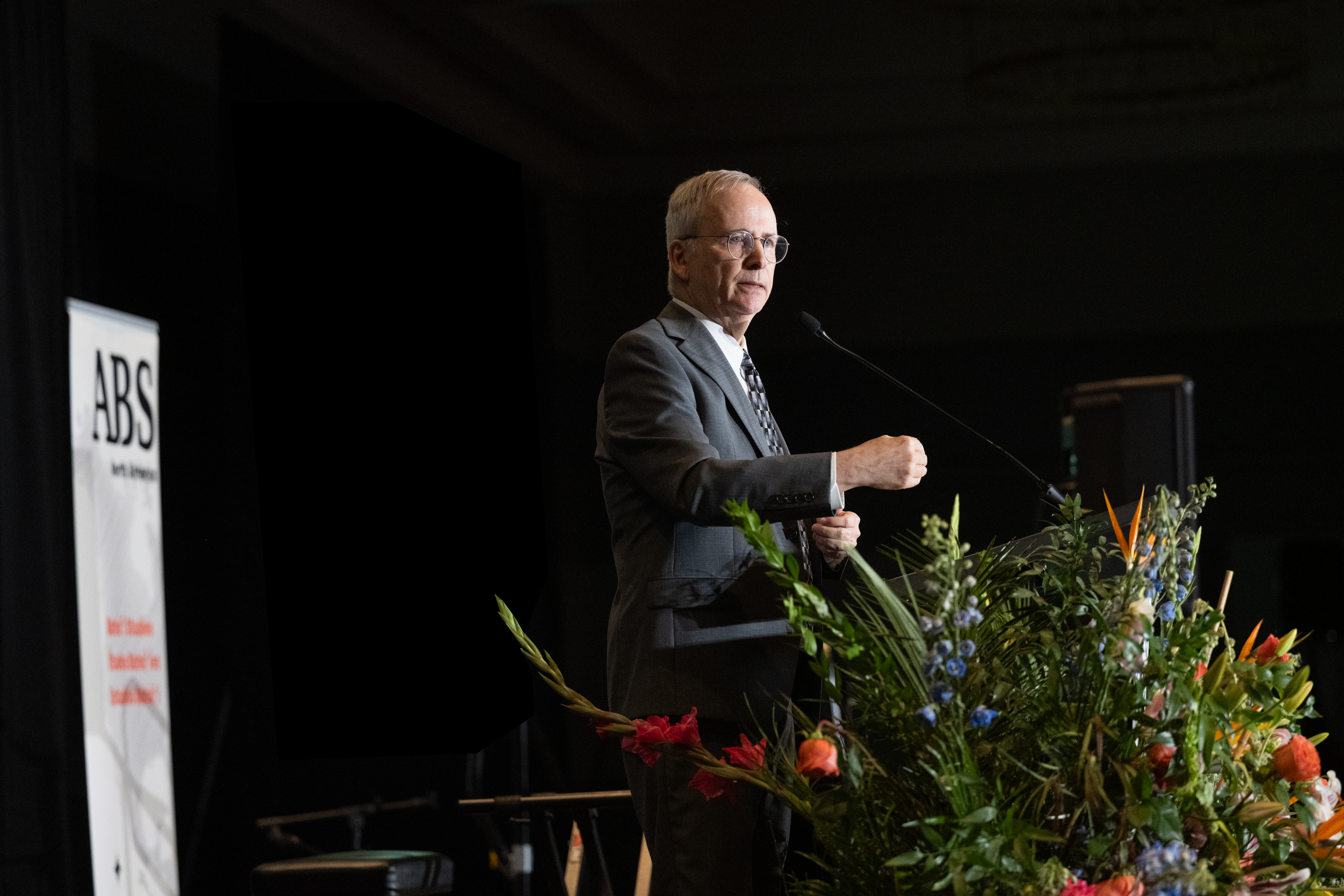
Glimpses into interfaith efforts around the country

Here’s a sampling of other interfaith initiatives in which Baha’is are involved.
Milwaukee, Wisconsin: Dinner dialogues elicit life experiences
For several years, Milwaukee-area Baha’i communities have been represented on committees of the Interfaith Conference of Greater Milwaukee. The Conference has supported a program of Amazing Faiths dinner dialogues since 2011, and Baha’is have attended and served as moderators.
For these events, explains Ellen Parmelee, “The Conference organizes a small group of about eight to 10 people of various religious backgrounds to share a simple vegetarian meal, offered in a home by a family, during which the participants reply to simple questions that elicit life’s experiences of a spiritual or religious nature.”
With a moderator timing the responses, she says, “Each participant replies to a question from their own experiences and the others listen attentively but without comment.”
A break for dessert leads into a second session that allows those present to share their thoughts on or responses to the first session. “Again it’s timed and moderated to allow good listening on the part of all,” she says.
Recent dinner dialogues have an added component: the presentation by one religion of its tenets. “The Conference requested that the Baha’i Faith host and present the second of these,” says Parmelee. “The Conference was particularly interested in the history and practices of the Faith and how it was similar to and different from other faiths.”
So with sponsorship from the Spiritual Assembly, the local Baha’i governing council, a group of Baha’is rented a venue and provided the meal for the 15 to 20 guests who showed up on a cold, snowy evening. The group also selected and guided speakers, and provided hospitality.
The director of the Amazing Faiths dinner dialogues also solicited the Baha’is’ collaboration in creating questions to add to the Appreciative Inquiry portion of the session.
Reno, Nevada: Familiarity breaks down barriers
Eight years ago, Brad Corbin of Sparks, Nevada, was asked to contribute articles from a Baha’i perspective for the Reno Gazette Journal. Because of that visibility he was asked in the past year to serve on the executive board of the Nevada Interfaith Association.
The Faith Forum column in the Reno newspaper appeared first on Jan. 21, 2011. It was the brainchild of Hindu leader Rajan Zed, says Corbin, and its purpose was to express the different perspectives each faith group — or non-faith group —on a variety of topics posed by Zed.
“At first the Faith Forum was published in the Friday edition, but soon became a popular feature and was moved to the Faith section of the Sunday edition,” says Corbin. “We truly did not think that the column would last more than a few weeks, but we are now in our eighth year!”
Corbin says the Faith Forum, for which Nancy Lee Cecil now writes the Baha’i responses, “was a big step in constantly having the Faith recognized in a major local publication.”
“I felt it was important to have the general public become familiar with seeing the names associated with our Faith: the Bab, Baha’u’llah, ‘Abdu’l-Baha, the Universal House of Justice, etc., as well as the teachings of the Faith,” he reflects.
“I have found that familiarity breeds friendships by breaking down the barriers of the unknown,” he says. “Not knowing harbors fear that kindles hate and protectionism.”
The Faith Forum has been shared in Muslim- and Hindu-oriented publications, says Corbin. For the past few years the column also has been available online through the newspaper’s website, thereby available internationally as well.
“The Faith Forum discussions have shown more about the commonality of our various beliefs than our differences,” he says. “At least we are all talking on the same page. I see this as the first steps to unification under one banner.”
Loudoun County, Virginia: Addressing community concerns

Loudoun County Baha’is count themselves lucky to be part of an interfaith community that organizes panel discussions, prayer vigils and community reflection meetings — as well as dialogues designed to draw out thoughts that lead to action.
“Meaningful conversation has been very effective at the community level for all ages, especially when consulting on matters of social justice, education, or an immediate concern affecting the community at large,” says Paria Akhavan, interfaith liaison for the Spiritual Assembly.
“Members of the local community gather together with dignitaries to consult on issues affecting our youths, schools, communities, and the advancement of our nation.”
An example, she says, is a speaker series hosted by an interfaith organization in collaboration with the local library system.
“This program offers a space for in-depth learning and understanding about various faiths, while having elevated dialogue without proselytizing,” says Akhavan. It has “become a wonderful space for the community to gather together in the spirit of friendship, learning and connecting in service.”
An annual Day of Thanks also gives faith communities an opportunity to “celebrate unity in diversity through dance, music, cultural traditions, performances and enjoying multicultural foods,” she says.
And the annual Martin Luther King Jr. march and event, organized by the Baha’is, encourages young people in particular to “speak out, share their wisdom and offer their perspectives on how to tackle racism through friendship, dialogue and championing causes through service.”
Grand Rapids, Michigan: “Just enjoy learning about one another”
Since the 1980s, the Kaufman Interfaith Institute at Grand Valley States University has “miraculously brought together persons of all major faiths,” says Michael Hampton.
Area Baha’is have participated fully in the institute’s initiatives, including “The Year of” series of programs held once every three years.
“My personal involvement perhaps began as a result of a strong belief that wherever I was involved in business, [I should] get involved in community service and provide what leadership that I could,” says Hampton.
“This led to being asked to serve on a council supported by the Kaufman Institute. This began in 2011 with various planning councils to develop The Year of Interfaith Understanding in 2012.”
Hampton says the councils represented such areas of endeavor as the arts, business and community, religious leadership, and education.
“The first guidance given to all participants was no politicizing, which freed everyone up to just enjoy learning about one another,” he says.
This planning led to over 300 events throughout Western Michigan, he adds, and a documentary was produced for local public television.
As Kaufman Institute efforts have developed, “Each year since has led to more relationships, more service, more activities, more visibility of our Faith, and more strength in learning that ‘building the kingdom of heaven’ needs all faiths participating,” says Hampton.
“Many religious and non-religious groups continue to join in the work of knowing, loving, and serving one another.”
Raleigh/Durham/Chapel Hill, North Carolina: A focus on interfaith prayer
Nancy Hendershot has been involved with the Triangle Interfaith Alliance for two years, following along a path she says another Baha’i, Dianne Small, started much longer ago.
The Alliance is a small group of clergy and lay friends from a large group of religious organizations in the area, says Hendershot.
“It sponsors an annual meeting and dinner, three to four interfaith prayer gatherings each year, a dialogue group and a few service projects and other efforts to cooperate across religious communities.”
Hendershot’s main area of involvement has been in planning interfaith prayer services akin to the devotional gatherings Baha’is initiate in neighborhoods worldwide.
“A Buddhist woman and I have been working together on that for the past 18 months or so,” she says. “We’ve held these services at the Hindu temple, a Methodist church, a Lutheran church, a Baptist church, the Baha’i center and the Tibetan Buddhist center.
“Other activities have been held at the Jewish synagogue, the Church of Jesus Christ of Latter-day Saints meeting house and the Muslim mosque. My input has been very small, but it is work that I enjoy.”





